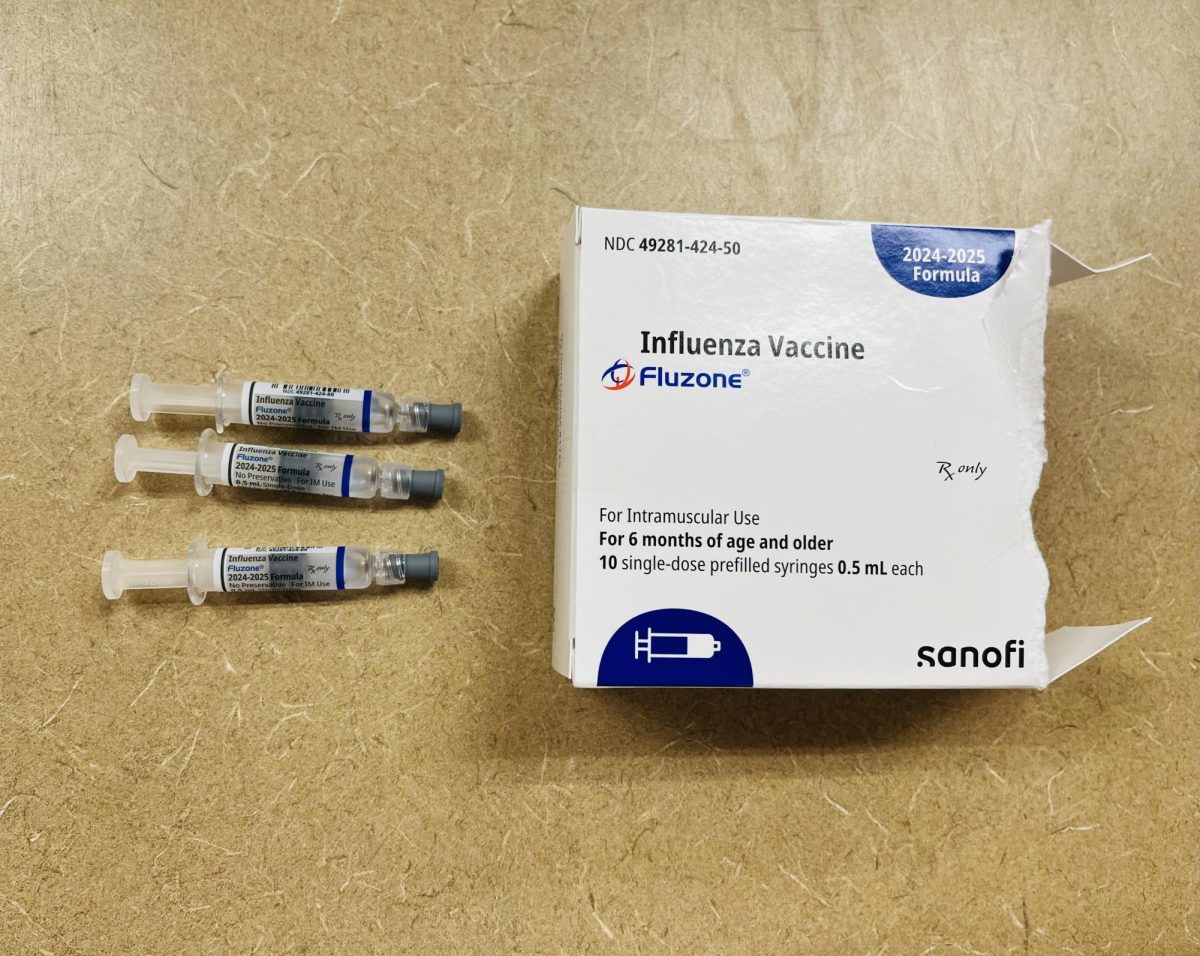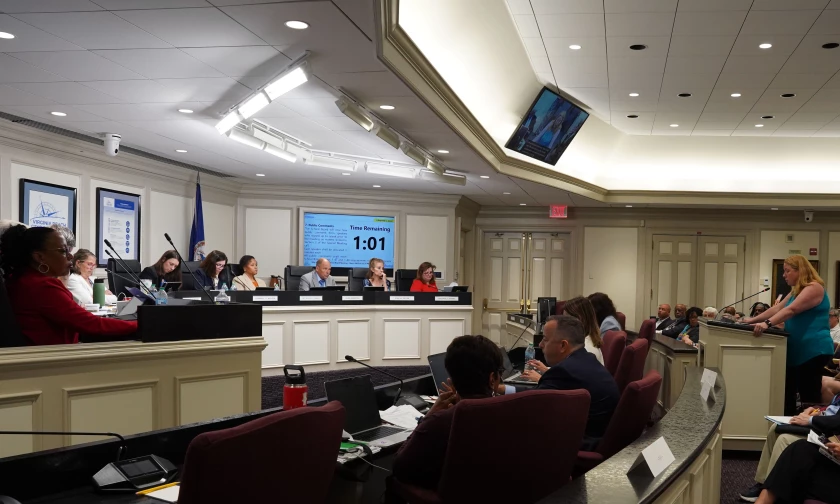A pinch and a shot. Millions of lives saved.
Vaccines serve as one of the best ways to protect against serious illnesses and diseases as the winter season approaches the area.
They work by injecting dead or harmless versions of a virus into the body, stimulating an immune response to create antibodies. These antibodies kill viruses and pathogens, lowering the likelihood of hospitalization or death. The effectiveness lasts years; some even last a lifetime.
Infectious diseases, such as influenza (flu), have sickened millions across the world and can lead to complications like pneumonia, high fevers or even death, according to the CDC.
Young children, senior citizens and those who have compromised immune systems are at the highest risk of these illnesses.
However, vaccines also protect the vulnerable by reducing symptoms that spread these diseases, most commonly through coughs or sneezes, according to the NFID.
With more vaccinated individuals, protection among everyone achieves herd immunity, making it harder for the virus to spread. In some instances, the virus can be eradicated; for example – smallpox and measles, according to WHO.
Unfortunately, some people refuse vaccines due to culture or fear. Misinformation about vaccines and its safety leaves fear and hesitation through social media and rumors. Examples of false claims include: vaccines are ineffective, overwhelm the immune system or even cause autism, according to NIH.
Experts have proven these claims scientifically false through intensive research and clinical trials, where they monitor for responses and assess the effectiveness of the vaccine. Some vaccines come with side effects, but these effects are much milder than infection.
Ultimately, vaccines exemplify one of the best modern technologies to combat deadly illnesses, just for the cost of a small pinch. Keep up with recommended vaccinations; it’s a small price to pay to protect everyone, including loved ones.











